Book Review: Madame Restell by Jennifer Wright
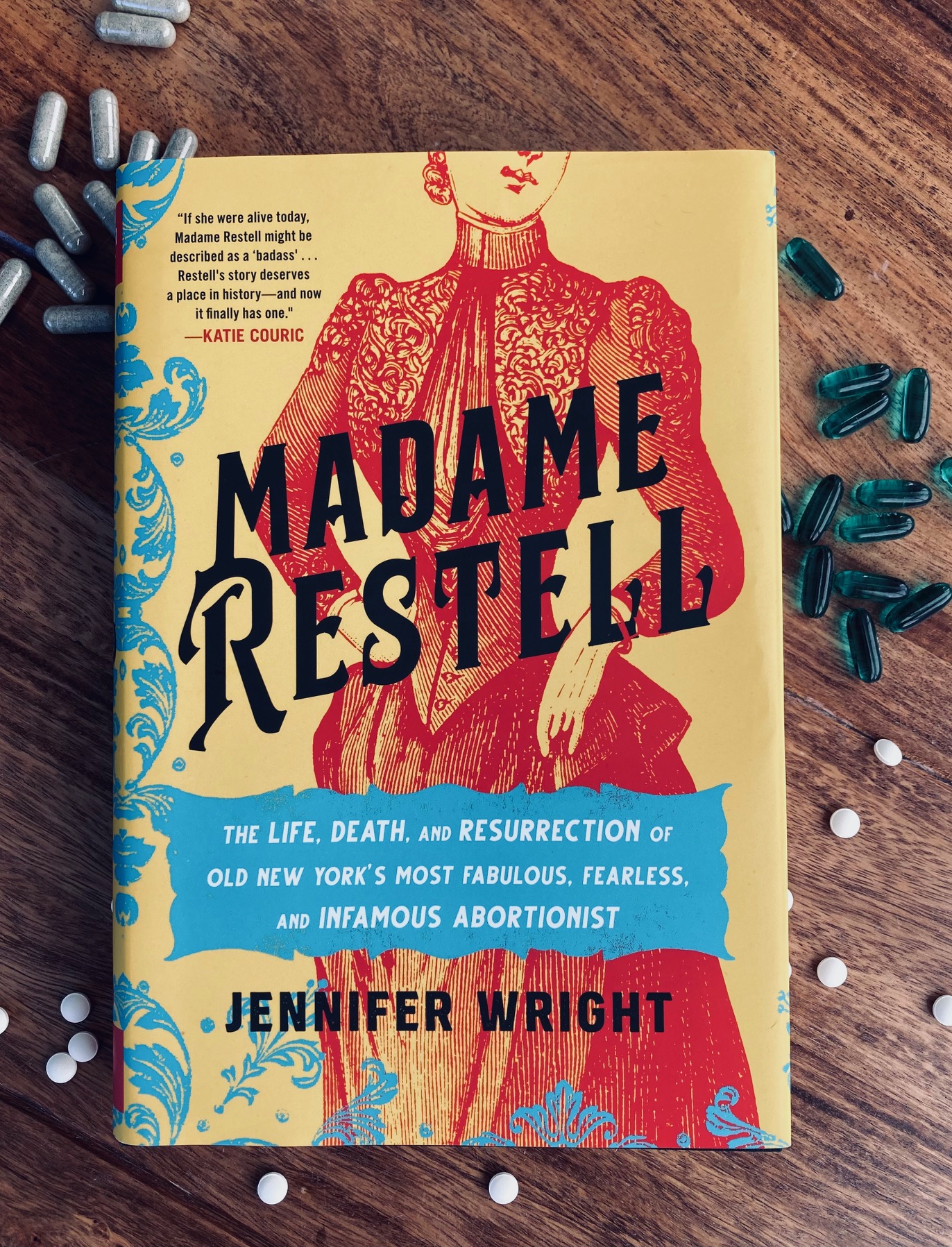
As I was perusing a publisher catalogue a few months ago, a non-fiction book caught my eye: Madame Restell, The Life, Death and Resurrection of Old New York’s Most Fabulous, Fearless and Infamous Abortionist by Jennifer Wright. Why did this particular work interest me? I don’t typically jump at reading books about history, especially American history. Something I am passionate about however, is women’s access to safe abortion and how critical it is in a society that claims men and women are equal. How can we possibly be equal if one gender is able to control what happens to their bodies, while another isn’t? Much to my delight, this book offers a detailed look at a certain time in history, but told in a colourful, character-centric way that kept that pages turning.
Book Summary
Ann Trow a.k.a Madame Restell is likely the most famous female abortionist who has ever lived. She grew up in England, and immigrated to New York City with her first husband and daughter in 1831. They were poor, made even worse by the fact that her husband had a drinking problem. To ensure they didn’t starve, Ann took over his tailoring work for him just to make sure it got done, but soon realized that many women like her had the same skills so the market was overcrowded. Instead she could make a much better living selling medicine to cure ‘women’s problems’, most in-demand were pills for women to terminate their pregnancies and birth control, although this was called anything but that in the newspaper advertisements Restell took out. Her first husband died and she remarried a man who was more than happy to help her grow her business, eventually becoming so wealthy she was considered one of the richest people in America. Despite being thrown in jail a few times, and taken to court for providing surgical abortions (which she also did, quite successfully compared to other abortionists at that time), she continued to advocate for her business and providing this important service to other women, pointing out that women with smaller families are more economically successful and healthier. Not all her actions are applaudable, there is instance of her convincing a women to send her newborn away so she could rest and then adopting that baby out without the mother’s knowledge, but based on this author’s research, Restell was wholly dedicated to serving a need that was sadly hidden and unattainable to many women at that time.
My Thoughts
It will come as no surprise that although Restell was a wealthy and successful woman, she was also one of the most hated females in America. Men resented her success, and male physicians especially tried to discredit her work. Not willing to accept these criticisms lightly, she penned opinion articles in papers, explaining why it was better for women to have the choice to limit the number of children they had. Anti-immigration sentiments grew while she was working, which was another challenge she faced; white male politicians (i.e. all of them) were stoking fears of immigrants taking people’s jobs, and the white race dying out, and in their minds Restell was limiting the white population by providing abortions. Keep in mind these same politicians refused to offer any support to the thousands of orphans starving to death each year, or the widows unable to find work to support their kids (as women were only allowed to work at certain jobs, paying much less than men). There are many mentions throughout the biography of Restell’s forward-thinking; she was often penning arguments that are still used to this day in support of family planning.
Wright does a fantastic job of painting the picture of Restell’s circumstances, and the external factors that would have shaped her behaviour and environment; I was once again reminded of how lucky I am to live in this time period, but also reminded of how many women are still struggling with similar challenges. For instance, finding childcare back in that time was also a difficulty for working women, and many resorted to dosing their babies and toddlers with opium so they would sleep all day while the parents were at work. But all these tidbits of history are written in a very accessible way, with examples that modern day readers can relate to; at one point, Wright likens Restell’s regular opinion pieces in the local papers to constantly tweeting back at one’s haters. How popular Restell would have been had she been alive today!
Although its obvious the biographer is in support of abortion and pro-choice, this is not necessarily a book about why abortion is good, and anyone who disagrees with that fact is bad. It is only in the epilogue that the author goes into detail about her personal challenges with parenthood, and why it has led to her passionate defense of birth control and abortion. Being American herself, she also has opinions on the sad turn of events where abortion has once again been made illegal in some states in her home country, a development that shocked and disheartened women across the globe. She rightly points out what a hypocritical act this is:
“Texas, for instance, where abortion is forbidden after six weeks’ gestation, has more food insecure children than any other state, as of 2020.”
-p. 287 of Madame Restell by Jennifer Wright
It’s unlikely that many people disagreeing with abortion would read this book in the first place, so in some ways Wright is ‘preaching to the choir’ here. Still, I appreciated her data-driven approach as there is no shortage of sound, science-backed reasoning to prove abortion is a good thing for society, and it’s always gratifying to see it in print. I’ll hope that this book changes minds, but it likely won’t, as the reasonings against abortion (as clearly demonstrated in this book) are rooted in racism, fear, sexism and ignorance, not a lack of facts available to the general public.

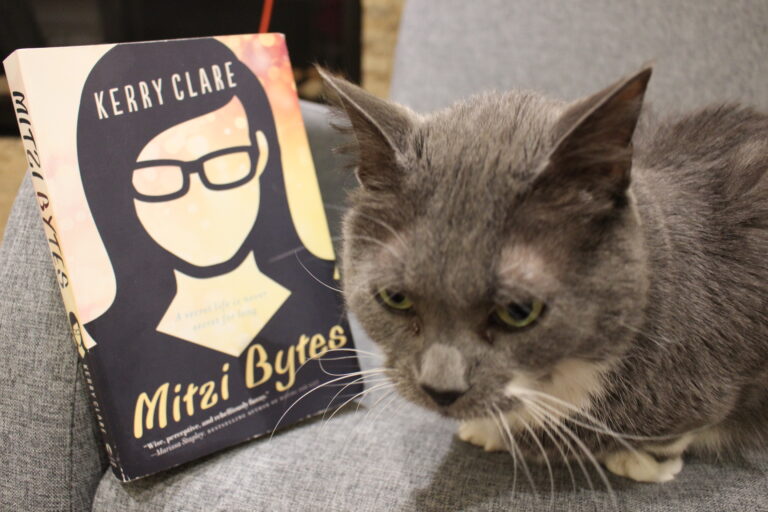
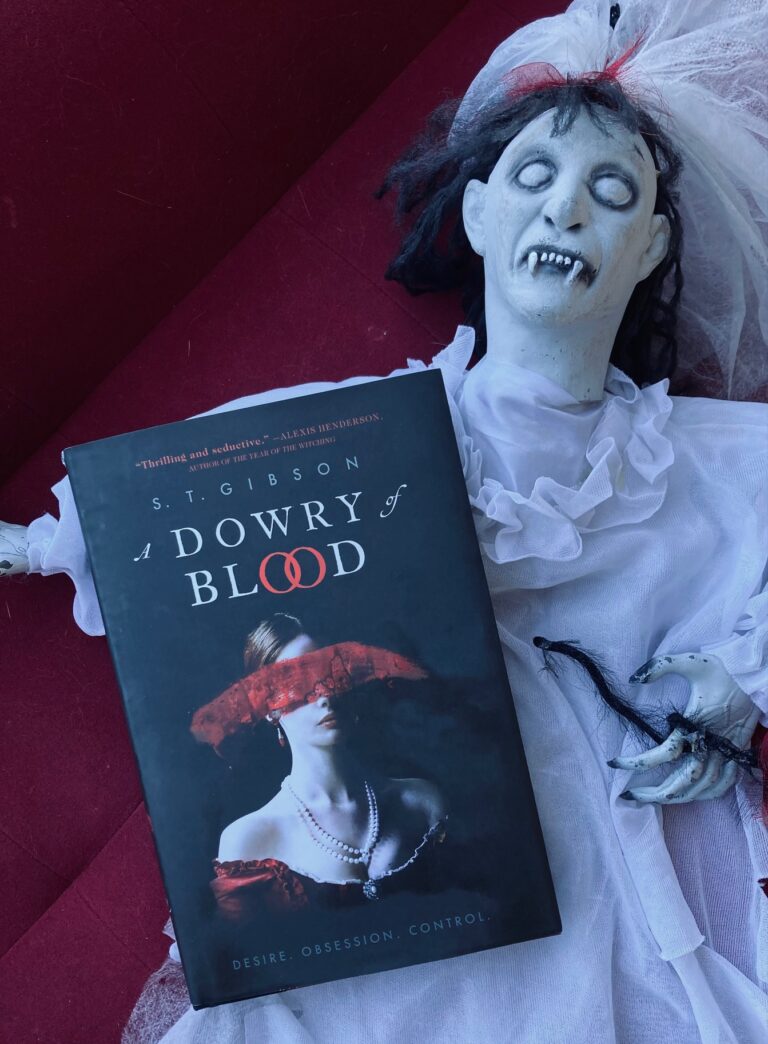
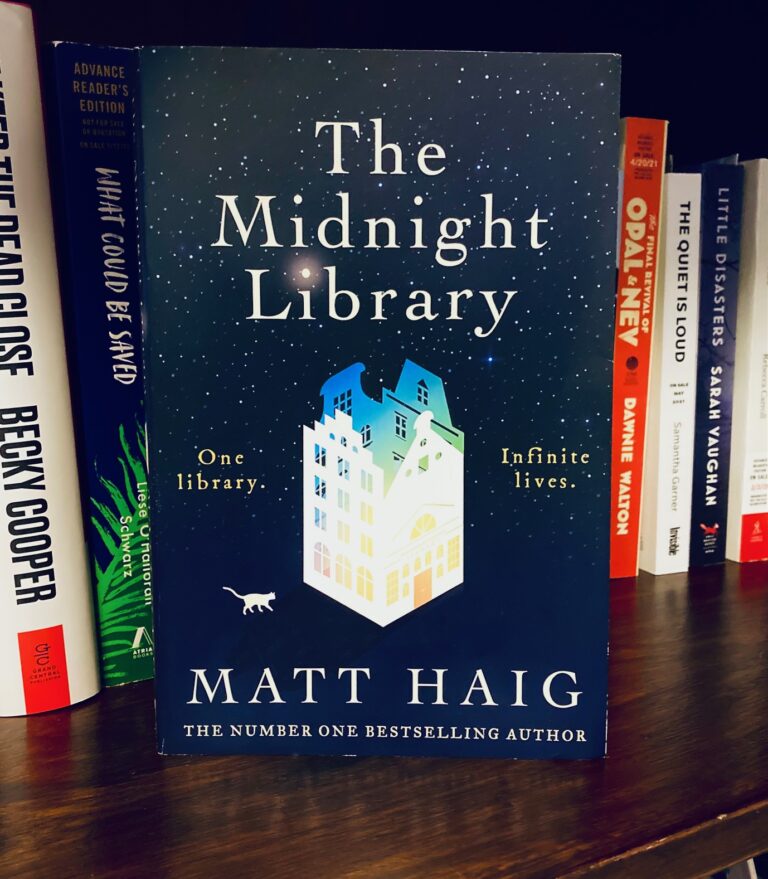
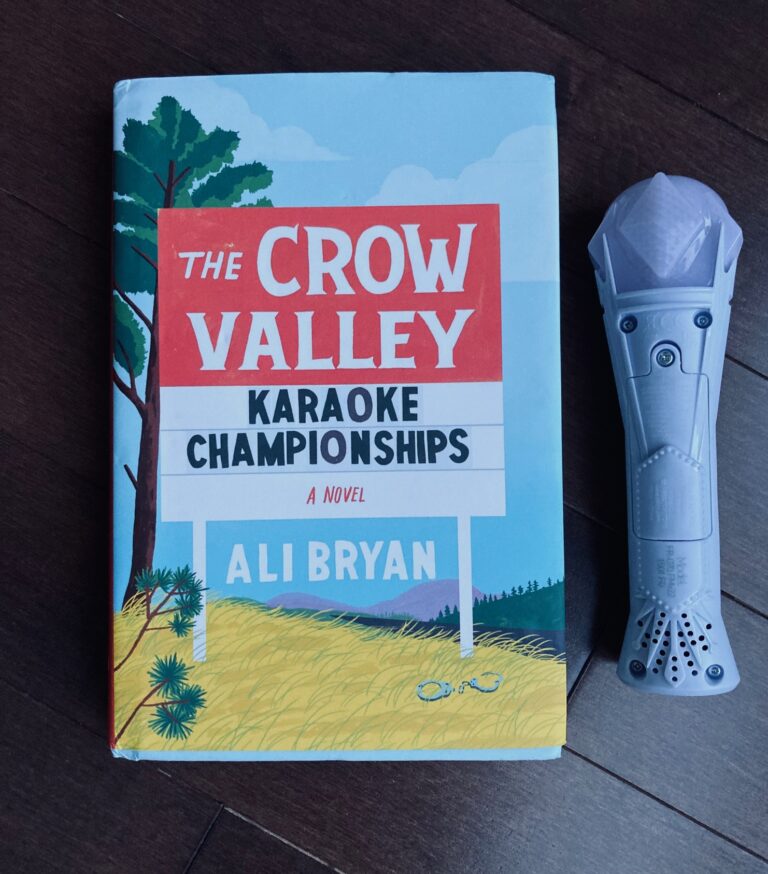
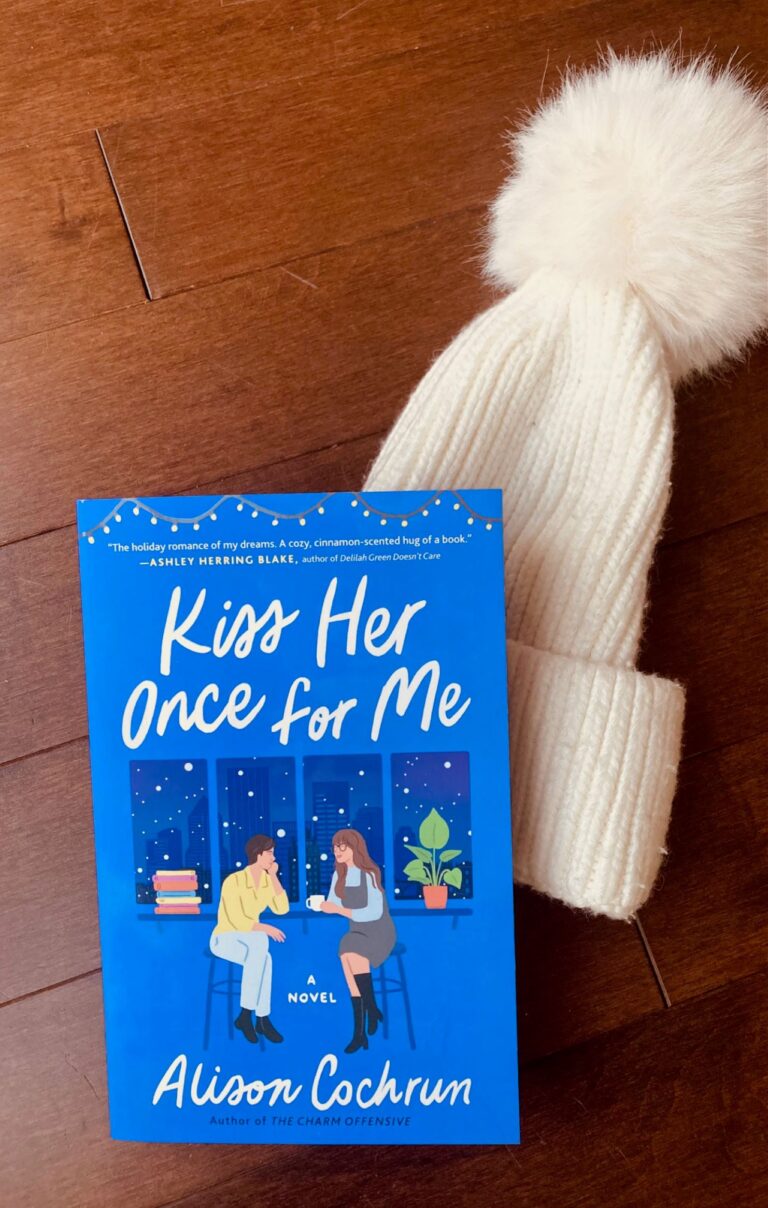
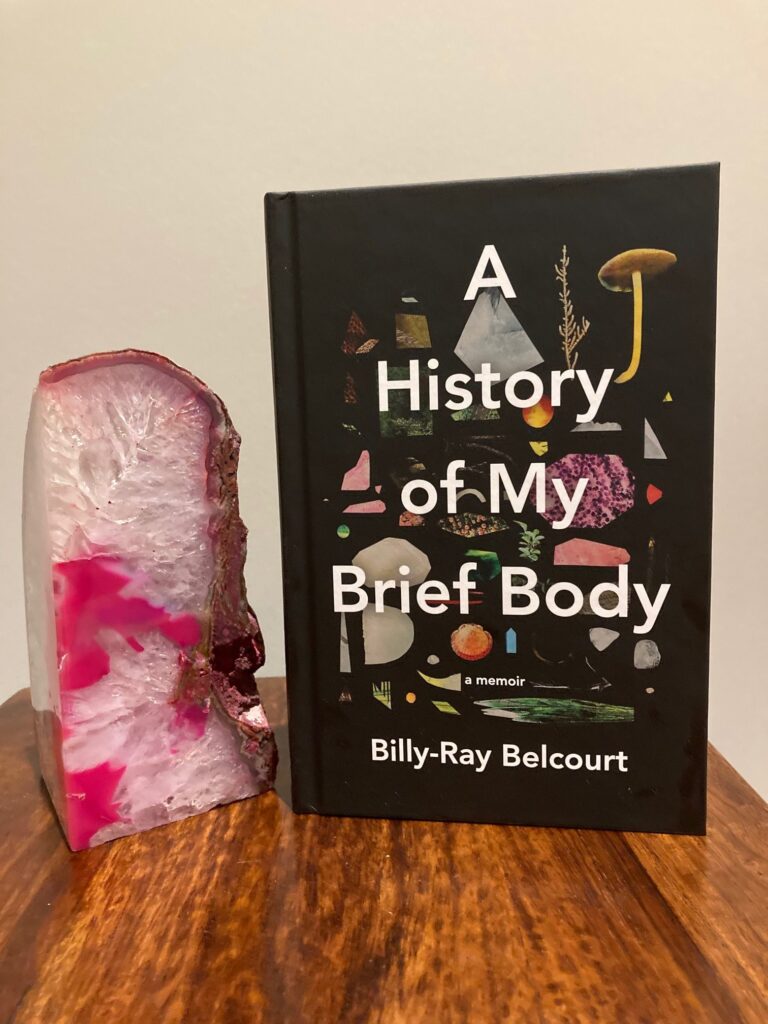
This is on my TBR list . The more things change the more they stay the same, right? I still can’t believe we’ve taken such a giant step backwards in the US.
Ugh yes, its so disappointing
I was surprised when I read “how lucky I am to live in this time period,” because my first thought was, this woman’s life sounds like 2023! Then I remembered you are in Canada. They (Americans) are legit talking about how abortion is bad because white people aren’t having kids and all the “welfare moms” and “illegals” have too many. So gross.
UGH this is so disappointing and sad to hear. I knew things were bad down there, but I didn’t think the arguments against abortion had regressed so badly! I just assumed it was all rooted in religion, but apparently racism is still a strong driver. Ugh.